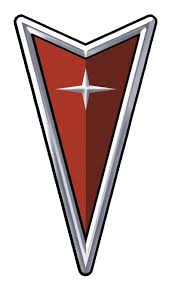Vibe FWD L4-1.8L VIN 8 (2004)

Fuel: Testing and Inspection
ALCOHOL/CONTAMINANTS-IN-FUEL DIAGNOSIS
The concentration of alcohol-in-fuel can be detrimental to the fuel system. Higher than recommended alcohol-in-fuel concentrations may cause
driveability problems such as hesitation, lack of power, stall, no start, etc. High concentrations may also cause corrosion of the fuel system components
and subsequent fuel filter plugging as well as deterioration of the rubber and the plastic components.
Commercial automotive fuel can contain alcohol in various types and levels of concentration. Some forms of alcohol are more detrimental to the fuel
system components than others. If an excessive amount of alcohol-in-fuel is suspected as the cause of a driveability problem, the following procedure can
be used to detect its presence. This procedure uses water to extract the alcohol from the fuel. The specific type of alcohol contamination cannot be
determined from this test.
Testing Procedure
The fuel sample should be drawn from the bottom of the fuel tank, because any water present in the tank will be concentrated there. The fuel sample
should be bright and clear. If the sample appears to be cloudy or contaminated with the water as indicated by a water layer at the bottom of the sample,
this procedure should not be used. The fuel system should be cleaned. Refer to Fuel System Cleaning.
1. Using a 100 ml cylinder with 1 ml graduation marks, fill with the fuel sample to the 90 ml mark.
2. Add 10 ml of the water to bring the total fluid volume to 100 ml and install a stopper.
3. Shake vigorously for 10-15 seconds.
4. Carefully loosen the stopper to release the pressure.
5. Close the stopper and shake the cylinder vigorously again for 10-15 seconds.
6. Put the graduated cylinder on a level surface for approximately 5 minutes to allow adequate time for the liquid to separate.
If there is alcohol present in the fuel, the volume of the lower layer, which will now contain both alcohol and water, will be more than 10 ml.
For example, if the volume of the lower layer is increased to 15 ml, this will indicate that there is at least 5 percent alcohol in the fuel. The actual
amount of the alcohol may be somewhat more because this procedure does not extract all of the alcohol from the fuel.
